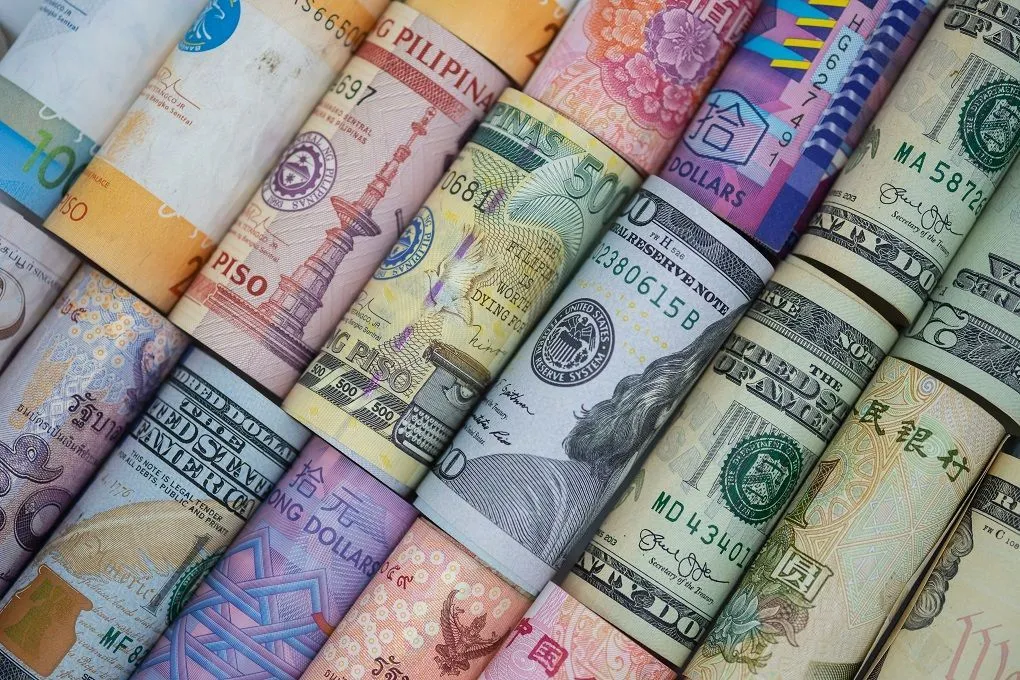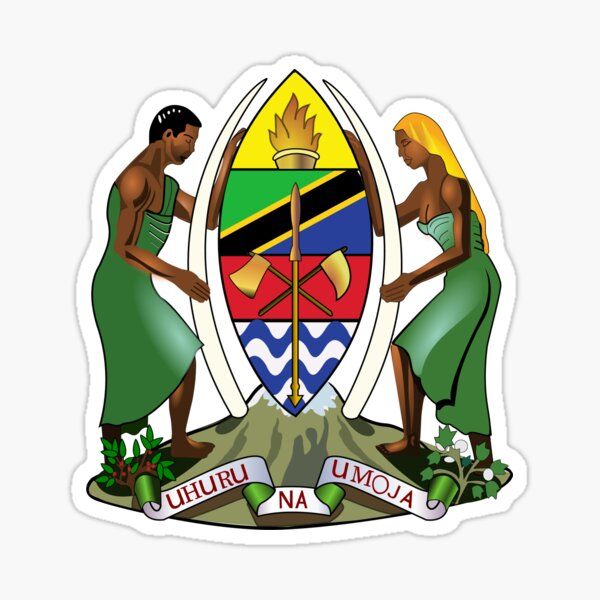
Table of Contents
In today’s globalized economy, the term “currency exchange” extends far beyond the paper bills or digital digits we use in daily transactions. Currency is a powerful economic instrument that influences international trade, investment, tourism, and even employment opportunities. For job seekers, particularly those attuned to financial trends and entrepreneurial pursuits, the world of currency exchange offers a promising and often underexplored avenue.
Understanding Currency Exchange
Currency exchange, also known as foreign exchange or forex, is the process of converting one country’s currency into another. This activity happens for many reasons: tourism, trade, investment, and even speculation. Every day, trillions of dollars worth of currency are traded in global markets, making the forex market the largest and most liquid financial market in the world.
At its core, currency exchange relies on currency pairs. For example, the exchange rate between the U.S. Dollar (USD) and the Euro (EUR) is expressed as USD/EUR. The value of one currency against another fluctuates due to various factors such as economic indicators, interest rates, political stability, and market sentiment.
Currency Exchange as a Career Field
The forex market has created a range of job opportunities across different domains. Here are some of the career paths associated with currency exchange:
1. Forex Trader
Forex traders buy and sell currencies aiming to make a profit from fluctuations in exchange rates. This career can be pursued through brokerage firms or as a self-employed trader. Successful forex traders combine market knowledge, analytical skills, and discipline to interpret currency movements and execute profitable trades.
2. Currency Analyst
Also known as forex analysts or strategists, these professionals analyze economic trends, political developments, and market conditions to forecast currency movements. Their insights guide traders and investors on when to enter or exit the market.
3. Exchange Bureau Operator
Operating or working at a currency exchange bureau involves direct interaction with customers who need to convert currency. This role requires attention to detail, excellent customer service, and an understanding of exchange rates and market trends.
4. Financial Journalist or Blogger (Specializing in Currency)
Job seekers with a flair for writing and interest in economics can carve a niche by reporting or blogging about currency markets. As demand for financial literacy grows, so does the need for reliable and digestible information about currencies.
5. Regulatory and Compliance Roles
With large sums of money moving across borders, currency exchange is a highly regulated sector. This opens opportunities in compliance, anti-money laundering (AML), and regulatory oversight.
Skills and Qualifications Required
Getting into the currency exchange field requires a mix of education, skills, and sometimes certifications. While formal degrees in finance, economics, or business are valuable, practical skills and experience often weigh more in forex trading.
Key Skills Include:
- Analytical thinking
- Risk management
- Numerical proficiency
- Communication
- Technological adaptability (for using trading platforms like MetaTrader 4/5)
Some certifications that can help include:
- Chartered Financial Analyst (CFA)
- Financial Risk Manager (FRM)
- Courses on forex trading from reputable institutions
Currency Exchange as a Business Opportunity
Job seekers with an entrepreneurial mindset can also explore starting a business in currency exchange. This can include opening a licensed currency exchange bureau, becoming a forex broker, or offering forex education services.
In regions with significant tourist traffic or remittance flows, currency exchange businesses are particularly lucrative. However, this route requires proper licensing, capital investment, and compliance with financial regulations.
Digital Transformation and Remote Work

Technology has revolutionized the currency exchange market, especially in the forex trading domain. With online platforms and mobile apps, anyone with internet access can participate in forex trading. This opens doors for job seekers in remote or underdeveloped areas to access global opportunities without relocating.
Moreover, the rise of digital currencies and blockchain technology is reshaping the future of currency exchange. Cryptocurrencies like Bitcoin, Ethereum, and stablecoins are creating new roles in crypto trading, digital wallet management, and blockchain analytics.
Challenges in the Field
While promising, the currency exchange field is not without challenges. It is a highly volatile and competitive market. For traders, losses can be significant without proper risk management. Regulatory scrutiny is also intense, and staying compliant requires constant learning.
Job seekers must also be cautious of scams in the forex world. It is vital to engage with licensed platforms and institutions and to approach the industry with both enthusiasm and discernment.
Real-World Impact and Social Value
Currency exchange isn’t just about profit. It plays a vital role in facilitating international travel, supporting expatriates and migrants who send money home, and enabling cross-border commerce. Job seekers entering this field contribute to global economic activity and financial inclusion.
For example, currency analysts help stabilize markets with accurate forecasting. Exchange bureau operators support local economies by offering services that meet the needs of travelers and businesses. Forex educators empower individuals with the knowledge to manage their finances better.
Conclusion
In a world increasingly driven by globalization and digital finance, currency exchange represents a dynamic and expanding opportunity for job seekers. Whether through direct trading, analysis, customer service, regulation, or education, there is room for individuals with diverse skills and aspirations to build meaningful careers.
By understanding how currency shapes economic activity and leveraging available tools and training, job seekers can tap into a field that is not only financially rewarding but also integral to the functioning of the global economy.



